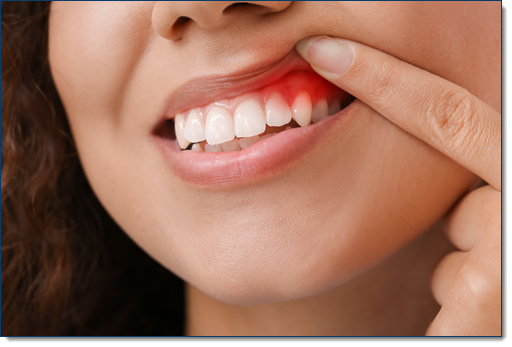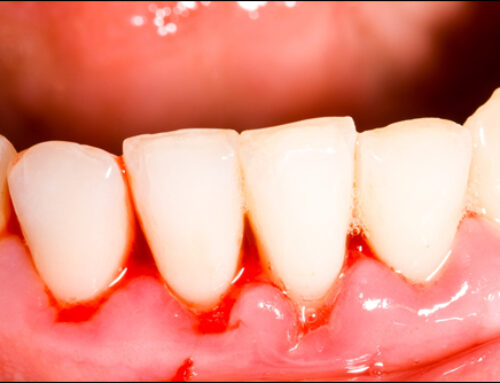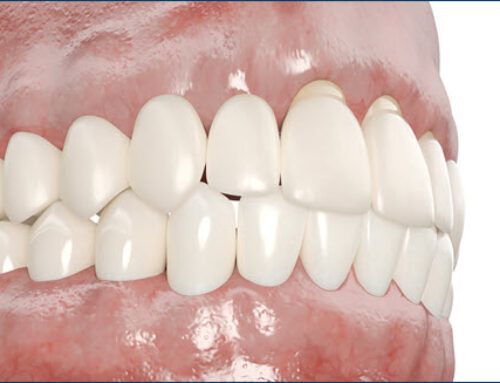Tooth sensitivity is a common dental issue faced by many, characterized by a sharp pain or discomfort in the teeth when encountering certain stimuli like hot, cold, sweet, or acidic foods and drinks. It can arise from various causes, ranging from worn tooth enamel and exposed dentin to gum recession and tooth decay. However, the good news is that sensitive teeth can be managed with the right care and treatment. In this blog post, we’ll explore effective strategies for treating sensitive teeth and how you can alleviate this discomfort.
Understanding the Causes:
 The first step in treating sensitive teeth is understanding its root causes. The most common include:
The first step in treating sensitive teeth is understanding its root causes. The most common include:
- Brushing too hard or using a hard-bristled toothbrush, leading to enamel wear and dentin exposure.
- Gum recession, often due to periodontal disease, exposing the tooth root.
- Cracked teeth, which can become filled with bacteria from plaque and cause inflammation in the pulp of the tooth.
- Teeth grinding or clenching, contributing to enamel erosion.
At-Home Care Tips:
- Use a Soft-Bristled Toothbrush: Switch to a soft-bristled toothbrush and brush gently. This can help prevent further enamel erosion and gum recession.
- Desensitizing Toothpaste: These toothpastes contain compounds that help block transmission of sensation from the tooth surface to the nerve. Regular use can gradually decrease sensitivity.
- Avoid Acidic Foods and Drinks: Acidic substances can aggravate tooth sensitivity. Limit intake of citrus fruits, tomatoes, pickles, and sodas.
Professional Dental Treatments:
If at-home care isn’t enough, it’s time to consult with your dentist. Professional treatments can include:
- Fluoride Gel or Varnish: Applied by a dentist, fluoride treatments can strengthen tooth enamel and reduce pain.
- Dental Bonding: If sensitivity is due to exposed root surfaces, dental bonding can be applied to these areas.
- Surgical Gum Graft: If gum tissue has eroded from the root, this procedure can protect the root and reduce sensitivity.
- Root Canal: Recommended if the sensitivity is severe and persistent, this treatment addresses problems in the tooth’s soft core (dental pulp).
Living with sensitive teeth can be challenging, but it’s not something you have to endure indefinitely. By understanding the causes, practicing diligent at-home care, and seeking professional dental treatments when necessary, you can significantly reduce or even eliminate tooth sensitivity. Remember, every smile is unique, so it’s important to consult with your dentist for personalized advice and treatment options. With the right approach, you can enjoy your favorite foods and drinks without the fear of discomfort!





